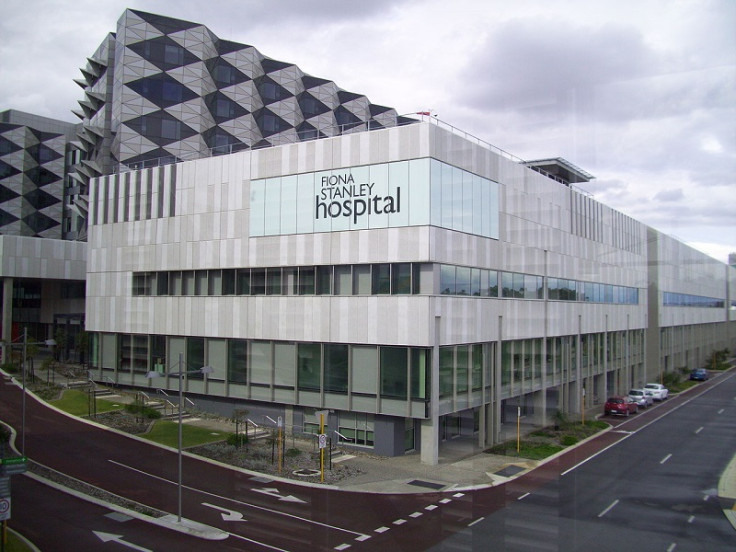Australia: Serco blamed for leaving blood and bone on medical instruments in Perth hospital

Blood and bone fragments have been found on medical instruments at the Fiona Stanley Hospital in south-west Perth, Australia.
Despite previous efforts to rectify the situation, doctors claim that sterilisation problems continue at the hospital, according to reporting by ABC news.
The problems allegedly involve Serco, which is the hospital's non-clinical service provider. In late February, Serco was stripped of control over sterilisation services for failing to properly sterilise equipment or to return it on time.
Australian Department of Health staff intervened to attempt to bring Serco staff up to the required standards.
The company was fined A$60,000 (£30,746.63) for breach of contract. But Australian Medical Association (Western Australia) president Michael Gannon said operating kits are still being returned in an unsatisfactory condition.
Blood on surgical instruments
"There's been reports of bits of bone on some orthopaedic equipment, there's been reports, that are really hard to believe, of blood still being seen on some instruments," he says. "So this gives us great concerns. We've been told the problem's been fixed and this would suggest that it hasn't.
"This just adds to the morale problems in the hospital. It just leeches at the confidence of the public in this new hospital. I can't imagine how people must feel if they've got surgery booked at the hospital at some stage."
Western Australia's Health Minister Kim Hames stated in the Western Australia Legislative Assembly in February that Serco must improve its performance or lose the contract.
Dr Gannon says that Dr Hames must now act immediately. "This needs a direct intervention from the Minister and his department to make sure that things have been fixed," he said. "We need to be satisfied. The public needs to be satisfied."
In the UK, Serco runs a variety of formerly public sector functions and facilities, including Yarl's Wood immigration detention centre. Its UK operations have proved controversial.
In 2013 the company was ordered to pay £68.5m to the government because it overcharged taxpayers on a contract to carry out the electronic tagging of criminals.
© Copyright IBTimes 2025. All rights reserved.





















